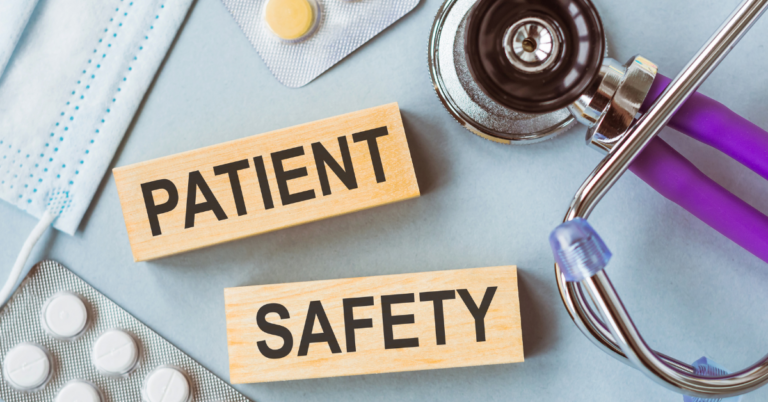In many professions, particularly in healthcare, professionals like physicians and surgeons are often required to work 24-hour on-call shifts. These shifts, while essential for providing continuous patient care, present a unique set of challenges. The human body is naturally inclined to rest during certain periods, and overriding this circadian rhythm to remain awake, alert, and responsive over a full 24-hour period demands both physical and mental endurance. However, with the right strategies and preparations, it is possible to effectively manage these demands. Balancing the need for vigilance with self-care is key to maintaining not only professional performance but also personal well-being during these extended shifts. The following tips are designed to help those facing such rigorous schedules stay alert and function effectively throughout their on-call duties.
1. Eat a Healthy Breakfast
Start with a breakfast that combines healthy fats and proteins, such as Greek yogurt with nuts and berries, or whole-grain toast with avocado and a poached egg. This type of meal provides sustained energy and helps regulate blood sugar levels. Avoid heavy, carb-laden meals that can cause sluggishness.
2. Rest Well Before Your Shift
Aim for 7-8 hours of quality sleep. Create a sleep-conducive environment by keeping your room dark, quiet, and cool. Consider using earplugs or a sleep mask if needed. Good sleep before a long shift helps in maintaining cognitive functions like memory, attention, and decision-making.
3. Stay Hydrated
Dehydration can lead to decreased alertness and concentration. Aim to drink at least 2 liters of water throughout your shift. Adding slices of lemon or cucumber can make water more appealing if you struggle with plain water.
4. Stay Active
Incorporate light exercises like walking around the building or doing a few stretches every couple of hours. Movement increases blood flow, delivering more oxygen and nutrients to your body and brain, which can ward off tiredness.
5. Snack Regularly
Eating small, healthy snacks every few hours can prevent blood sugar dips that cause fatigue. Choose snacks with a balance of carbohydrates, protein, and healthy fats, like an apple with almond butter or a small handful of trail mix.
6. Take a Power Nap
A short nap of 20 minutes can improve alertness and performance without causing sleep inertia, the groggy feeling that can follow longer naps. Find a quiet, comfortable place where you can rest undisturbed.
7. Limit Energy Drinks
Energy drinks can provide a temporary boost, but their high caffeine and sugar content can lead to a crash later. Also, too much caffeine can cause jitteriness and anxiety, which are counterproductive in a work setting.
8. Freshen Up
Change into fresh clothes and wash your face with cool water. These actions can psychologically signal a restart, much like a morning routine does, helping to reset your internal clock and refresh your mindset.
9. Bring Extra Clothes
An extra set of clothes ensures you can change if your clothes become uncomfortable or soiled. This is especially important in healthcare settings where spills are common. Comfortable clothing can also improve your overall well-being during the shift.
10. Listen to Podcasts
Choose podcasts that are interesting and engaging, but not too distracting. Educational, motivational, or light-hearted content can provide a nice mental break and keep you stimulated during slower periods.
11. Take Short Breaks
Utilize short breaks to step outside for fresh air or engage in a brief mindfulness or meditation exercise. These practices can help reset your mind, reduce stress, and improve your focus and concentration for the tasks ahead.
Remember, while these tips can help, it’s important to listen to your body. If you feel overly fatigued or unwell, it’s essential to seek assistance or a replacement. Your health and safety, as well as that of those you are responsible for, should always be a priority.





